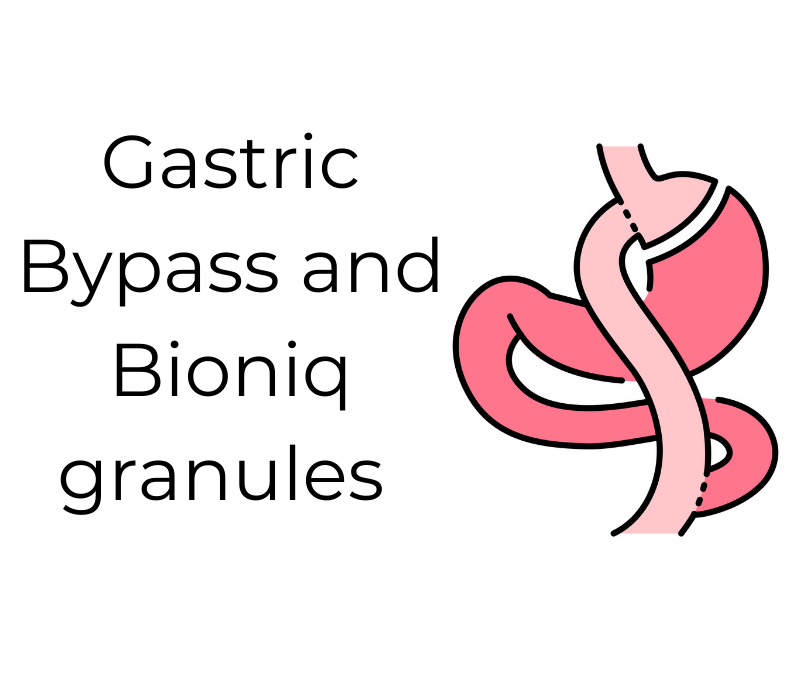
Folic acid, also known as vitamin B9, is one of the essential nutrients for our body. It is a nutrient that is considered vital for women, especially when planning for motherhood or during pregnancy – but folic acid has been proven beneficial for anyone. In this article, our clinical dietitian Lama Dalloul explains everything you need to know about folic acid and its benefits for your health.
To start with the basics, let’s first understand the differences between folic acid and folate. Both are different forms of vitamin B9 – folate is a natural form that your body can absorb from food, while folic acid is a synthetic form that you get from your supplements. Our body needs vitamin B9 for a number of reasons, that is why some foods, like pasta and bread, have been fortified.
It's been a known fact that folic acid is vital for pregnant women or those planning to conceive as it plays a significant role in DNA and RNA production, in addition to forming new cells. During fetal growth, folic acid promotes the healthy development of the neural tube, which makes up the fetus's brain and spinal cord structures. Neural tube forms very early on, during the first four weeks of pregnancy – that is why it is critically important to maintain optimal levels of folic acid even before conceiving.
During pregnancy and lactation period, it's recommended to increase your folate intake from 400 mcg to 600 mcg and 500 mcg, respectively, as per National Institute of Health data.
It is true that vitamin B9 is especially vital during pregnancy. But it’s worth noting that folic acid is necessary not only for pregnant women – the nutrient is beneficial for every human being, both men and women, for a number of reasons.
First, vitamin B9 can assist your body in iron absorption. While working closely with vitamin B12, folic acid promotes the formation of red blood cells and helps the body digest iron more efficiently. That is why people suffering from anemia and iron deficiency are advised to take folic acid as an additional supplement. To increase your overall iron absorption, you can take it with orange juice, as vitamin C plays a key role in the process as well.
Folic acid also plays an important role in maintaining heart health and lower risk factors of heart diseases. Folic acid helps break down the homocysteine, an amino acid that your body produces by dissolving proteins from meat. High homocysteine level in the blood is considered to be a risk factor for cardiovascular diseases – that is why it is essential to keep it at bay. Research shows that taking at least 0.5 mg of folic acid supplementation can lower your homocysteine levels by 25%, decreasing the risks of coronary artery disease.
People who consume a lot of alcohol should also increase their folate intake. Alcohol consumption interferes with folate absorption and speeds the rate of folate breakdown and excretion from the body. Vitamin B9 deficiency in this case can lead to fatigue and poor absorption of other microelements, such as iron. So, first and foremost, it's necessary to reconsider your lifestyle habits that may affect your folate levels.
Taking into consideration men’s health specifically, clinical studies suggest that folic acid may help increase male fertility, when taken together with zinc.
In addition, some studies suggest vitamin B9’s potential benefits in combatting hair loss and premature graying. A 2017 clinical study, found deficiencies in folic acid and vitamins B-7 and B-12 in a sample of 52 adults suffering from hair loss. While more research is needed to establish direct links between folic acid deficiency and hair loss, it is a known fact that the nutrient is responsible for the new cell formation, as well as battling other health issues that may cause hair loss, such as anemia.
The easiest way to start incorporating folate into your lifestyle is adding folate-rich foods to your diet. Here are some of the foods you may consider adding to your nutrition:
You can check your folate levels with a regular annual health check-up. Prevention is always a better solution than treatment and by listening to our bodies, we are able to determine if something seems off and needs attention.
Folate deficiency anaemia occurs when you don’t have enough red blood cells, which your body needs in order to carry oxygen to your body tissues. Folate deficiency can lead to a number of health risks such as cardiovascular diseases, pregnancy complications, infertility, fatigue and muscle weakness.
If your blood test results show low folate levels, you would be advised to take folic acid supplementation by your practitioner in order to maintain optimal status. As per the National Institute of Health, recommended daily intake for adults is 400 mg.
.png)

